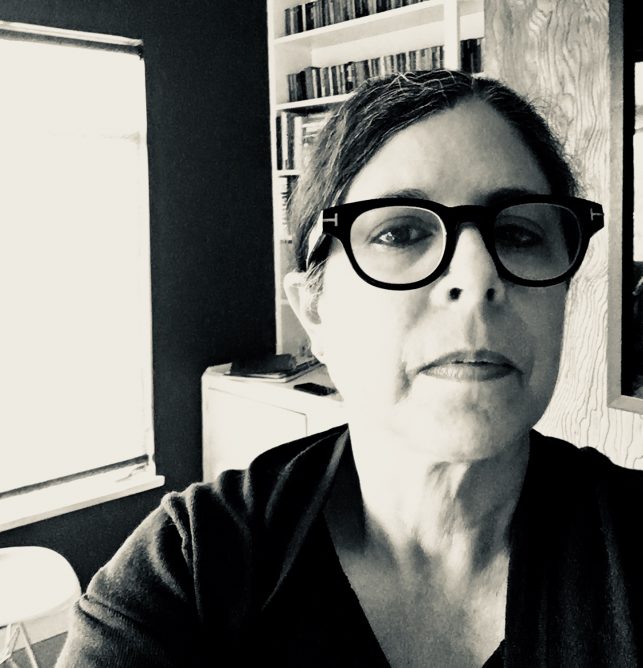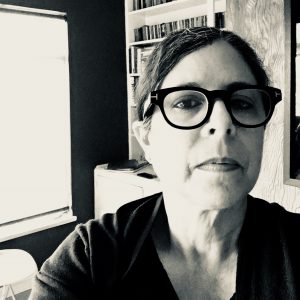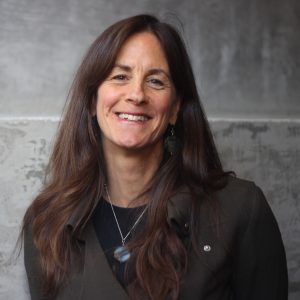Students in our MA in Sustainable Design program have the opportunity to do a Practicum where they engage with a real-world sustainable design project in order to learn about a new industry or topic, enhance their skills, make connections, and contribute to their web-based portfolio.
MASD student Anabel Sinn chose to do her Practicum with Dr. Melissa Park (Culture Mental Health Research Unit, Institute of Community & Family Psychiatry/School of Physical and Occupational Therapy at McGill University) in order to learn more about Participatory Research, which she wanted to use for her thesis project.
Sinn started as an observer to Park’s work, providing support by listening and helping come up with ideas to make the project visible. By the end of the second month, Sinn was asked to be part of the project team. With Sinn’s help, the team submitted and won the 2019 CHILD BRIGHT KT Innovation Incubator competition award for their project Making Sense of Connectedness. According to the award website:
The Making Sense of Connectedness team will use the KT Innovation Incubator grant to give neurodiverse children and youth, as well as their families, the opportunity to build an online hub of sensory environments in Montreal to engage the public about the impact of these sensory spaces on the learning, health, and well-being of neurodiverse children and their families.
This is an innovative project that aims to modify sensory environments in health care and commercial settings and that will be co-led by people with autism spectrum disorder (ASD) and family members of children/youth with brain-based developmental disabilities. They will document the process through ethnographic methods to better record their different approaches at engaging the public in collaboratively creating and implementing child and youth-led initiatives to help create these neurodiverse-friendly environments.
Sinn shares a bit about what she has learned from her Practicum so far:
I have been learning how Participatory Research works. I have also had the opportunity to see the grant application process up-close. Including budget submissions, consent forms, and requests for letters of support from partners and collaborators in the community. I was able to see how practical and pragmatic points also need to be included. Things like the history of partnerships, team members roles and contributions, questions that the grant funds will help to address, project objectives clearly stated, and a realistic timeline.
It has been interesting to see how communities are the driving force for change and can make a difference in changing policy. Collaboration and discussions are an integral part of the process. To my surprise, many questions that seem straightforward and simple can lead to collective inquiry about issues that were not seen or given importance. Connections and strategies emerge from unexpected places. By engaging children and youth, we are also empowering the next generation to lead – through photographs, mini-films, and their own stories.
Congratulations, Anabel! We look forward to seeing what emerges from the work ahead!
Are you interested in engaging with a real-world sustainable design project and learn about a new industry or topic, enhance your skills, make connections, and contribute to your own web-based portfolio? Please explore our fully online MA in Sustainable Design program! Our next informational webinar is Tuesday October 15th.


